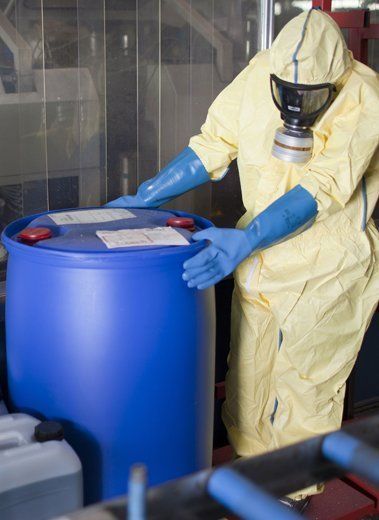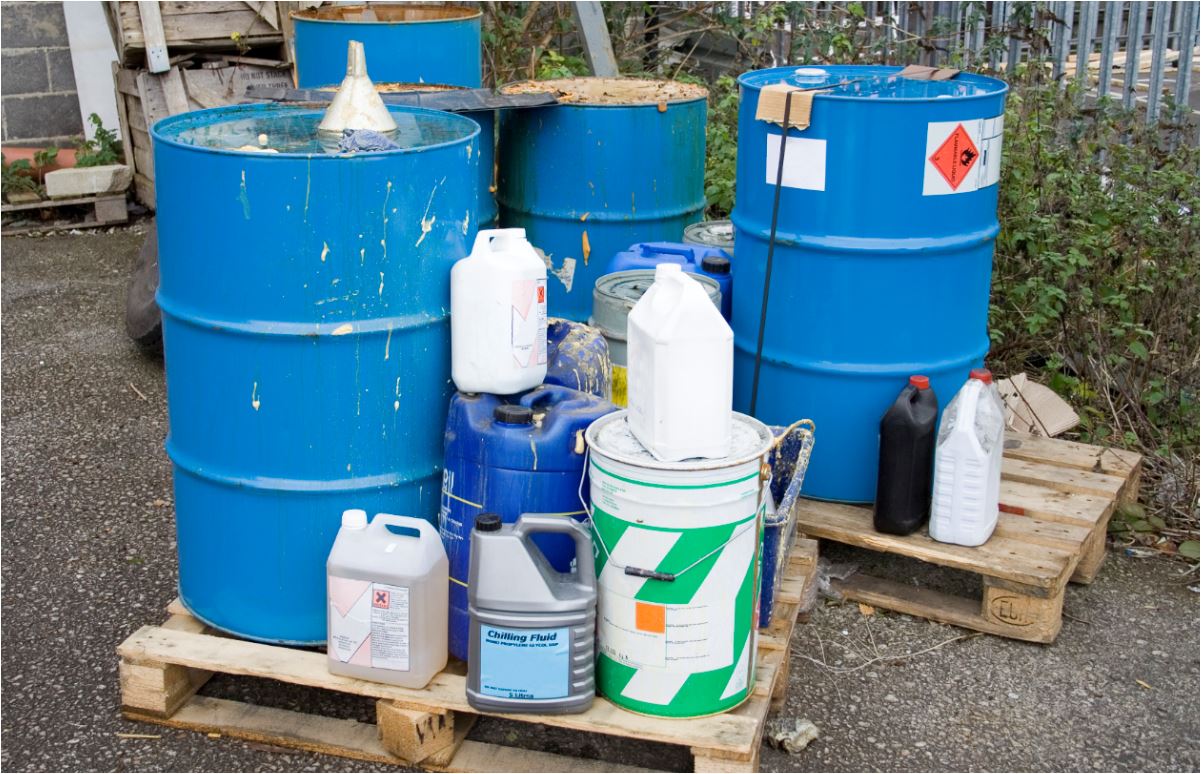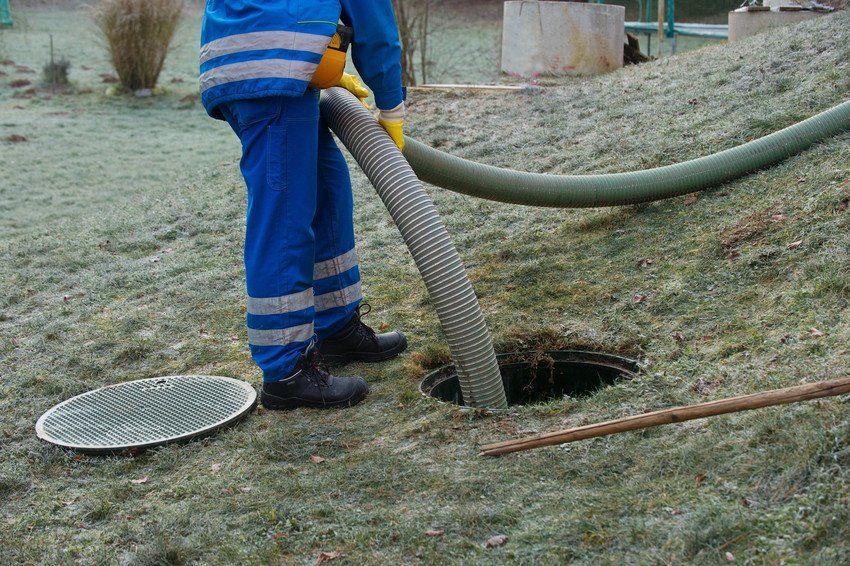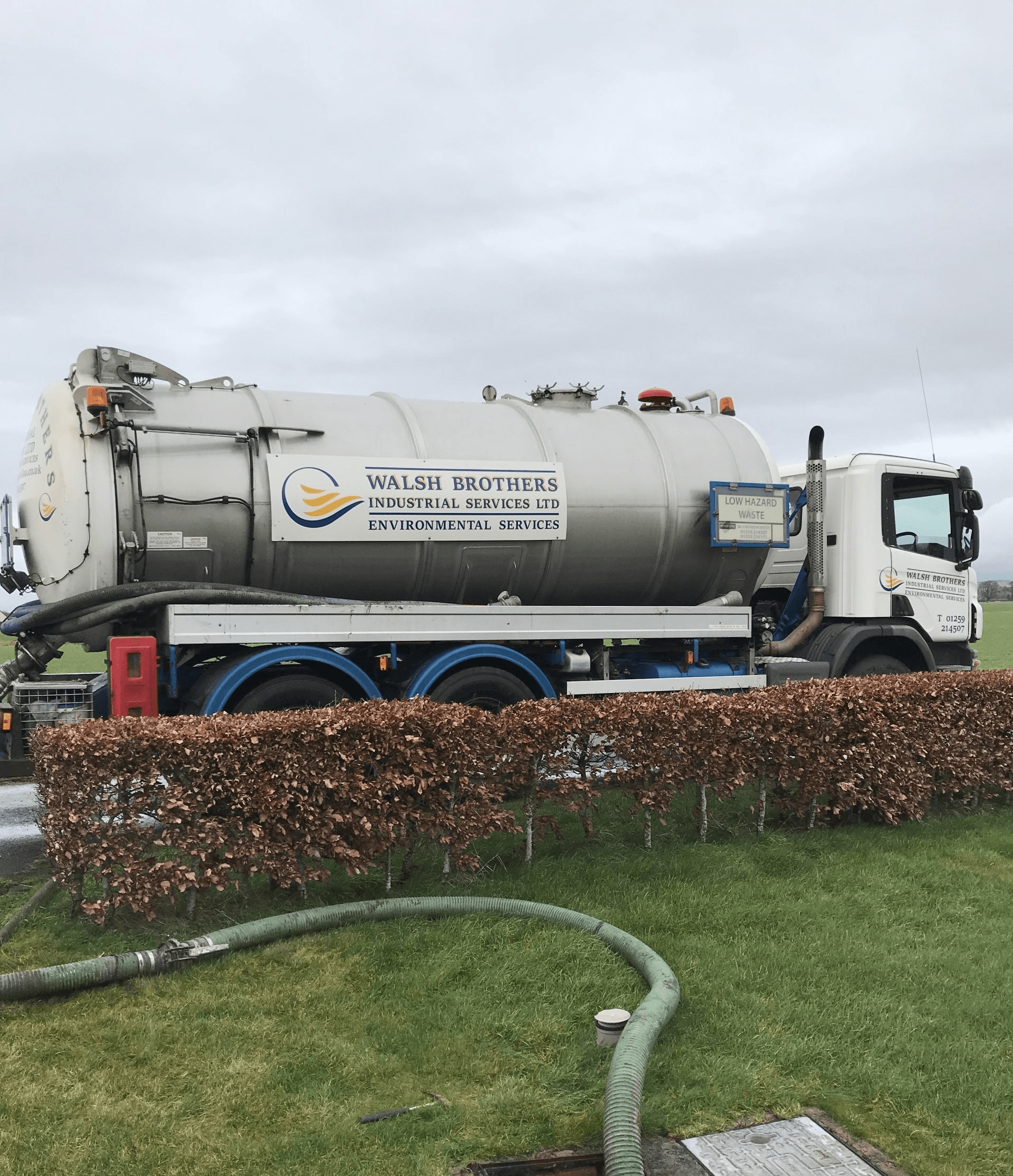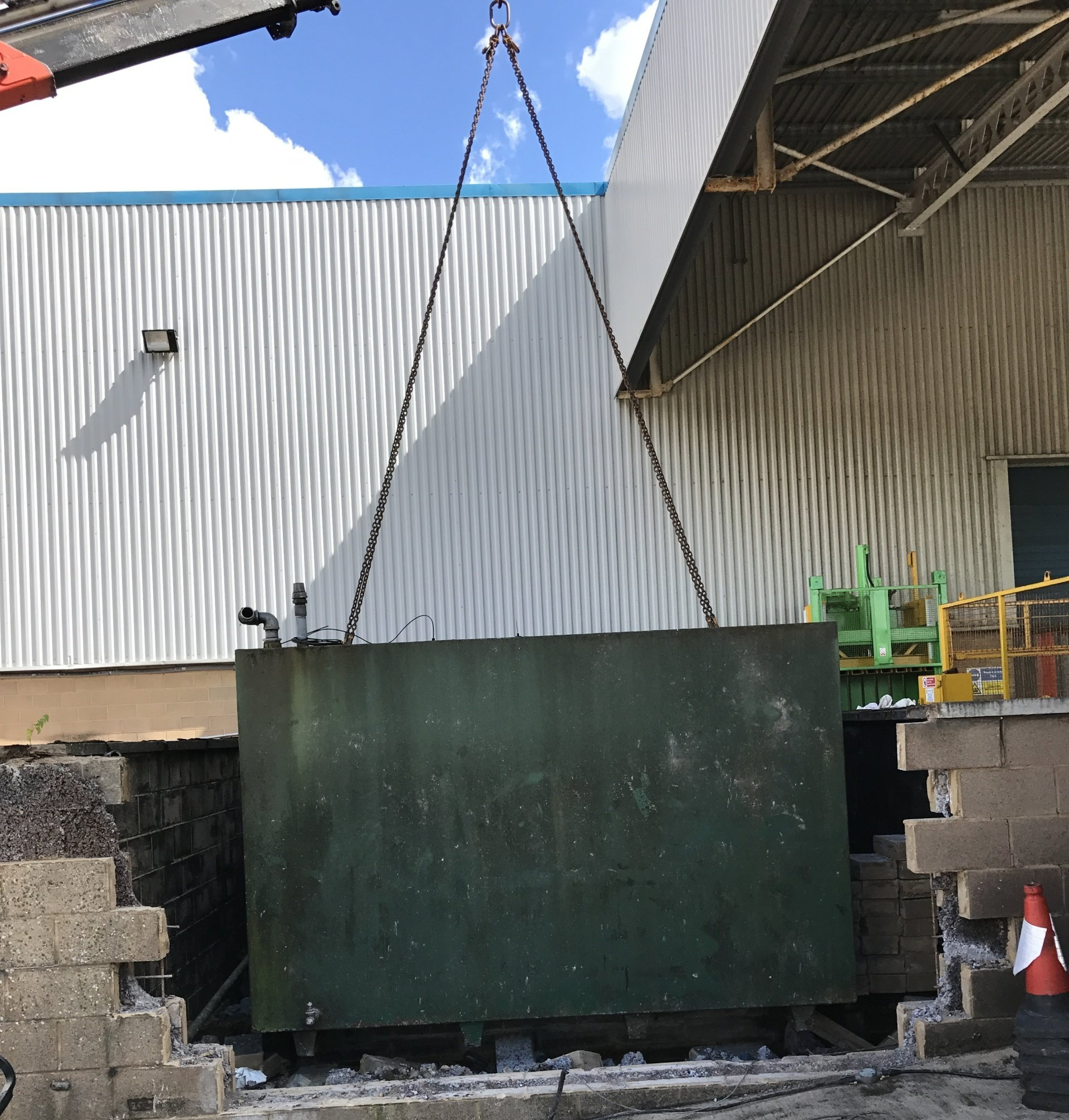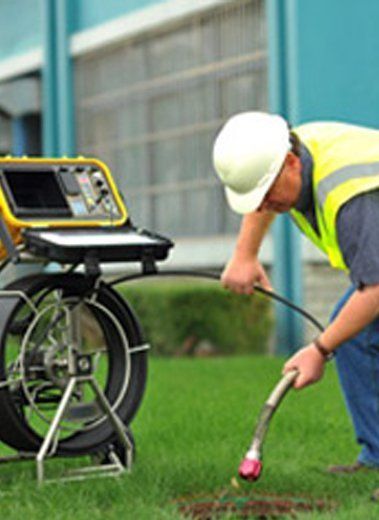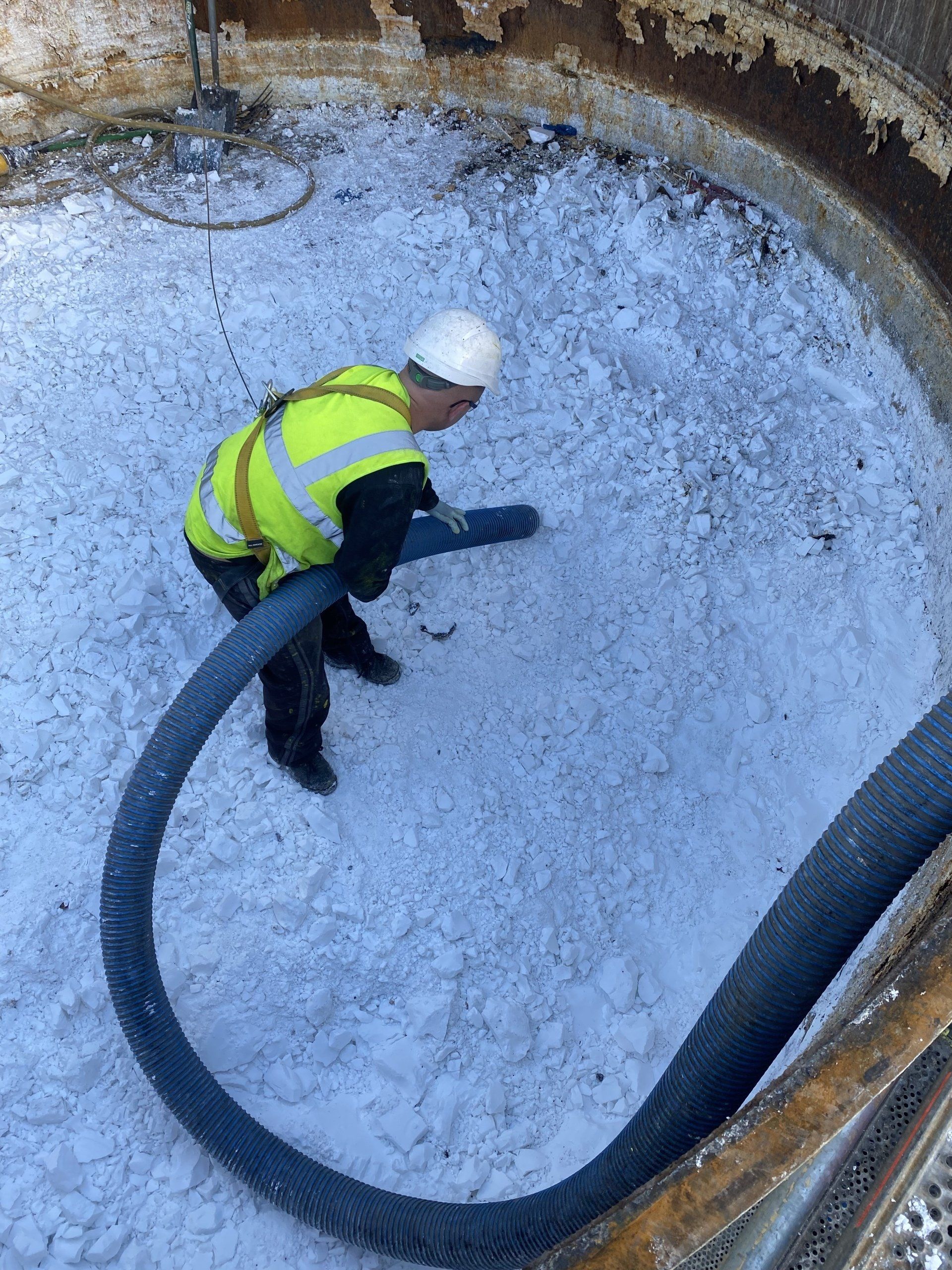How to Maintain Your Boat
How to Maintain Your Boat
Boats vary greatly in size, from small dinghy boats, to large fishing vessels, catamarans or house boats. Whatever their size, boats need proper maintenance (just like our vehicles do) to ensure they run as smoothly and safely as possible.
Essential boat maintenance goes beyond a simple visual inspection and it’s important to have a proper maintenance schedule in place if you want your vessel to last as long as possible. From cleaning the tanks to engine maintenance, there’s plenty to consider, so see below for our guide to maintaining your boat.
Engine maintenance
You don’t have to be a trained mechanic to maintain your boat’s engine but always check the manufacturer’s instructions before you begin. Before every trip you should:
● Check fuel levels and make sure the fuel vent is open
● Make sure engine mount screw caps are tight and secure
● Make sure the water intake is free of debris
● Check the propeller for any caught objects or excessive oil build-up.
Your boat’s motor contains the engine, gearbox and propeller and it should be flushed out after every trip to remove sand, dirt and other debris. You should always make sure the water pump has a good flow when cleaning your motor and always disconnect the fuel line after flushing the engine. You should also visually inspect your engine to check for cracked hoses and any signs of corrosion.
Clean the exterior
It’s important to keep your boat’s exterior clean; both to preserve the look of your boat and to prevent the spread of invasive species. A clean boat also protects the structure by keeping the finish intact and it increases performance; a dirty hull can increase fuel costs by as much as 30%! The cleaning process will depend on the material of your boat, so see some specific tips below.
Fibreglass
Most fibreglass boats have a glossy gel top coat to protect the exterior from sun, salt and other harsh weather elements. If the gel coat takes on a chalky looking appearance, then it’s time for some TLC. Apply a coat of specialist wax (designed to protect the gel coating) twice a year, preferably once in the spring and again before storing the boat for winter. Otherwise the boat can be cleaned using a soap designed for boats and a soft brush or sponge.
Canvas
Canvas is used for fabric in the cockpit, boat cover and other external areas of the boat. Canvas can be easily cleaned using a mild soap, fresh water and a soft brush. If your boat cover has PVC windows, avoid using ammonia as this can damage the material.
Change the oil
You can damage your boat’s engine if you don’t change the oil often enough, so it’s vital to have a proper schedule. Check the oil level regularly (around three to four times a year). If it’s starting to turn dark, it’s time for an oil change, and if it’s milky or suddenly moving up the dipstick you’ll need to consult a professional immediately.
To change the oil, let the engine run for around seven minutes before turning it off. Place a container under the drain plug and loosen the screw above until the oil drains out. This should take about 30 minutes and you change the oil filter in the meantime. You should also check fuel lines at least four times a year to make sure there are no cracks or corrosion at the connections.
Tank cleaning
Boats rely on several tanks to function efficiently, including the fuel tank, bilge tank and a tank for liquid waste. Proper maintenance of all tanks is essential to keep your boat running efficiently and you should arrange a regular schedule of professional tank cleaning.
Bilge tank cleaning
The bilge tank is the lowest part of the boat and it’s where oil is separated from oily bilge water by gravity. It’s essential to regularly clean your boat's bilge in order to retain performance levels and the look of your vessel as well. A professional company will have all the specialist cleaning techniques and equipment required to remove all waste oil and keep your bilge in top condition.
Fuel tanks
Ship fuel has a high viscosity, which means that it often sticks to the side of the tank. Impurities from the oil can build up and stick to the surface of the tank so regular cleaning is essential to remove build-ups of dirt and debris. Again, you should arrange for a professional company to do this for you to keep your boat in the best condition possible.
Liquid waste tanks
Boats also have a holding tank for liquid waste, similar to a septic tank. If your ship's waste is not treated and disposed of correctly, you risk contaminating the surrounding environment. It could be greasy engine waste, or waste generated by the crew or cargo, but it’s important to dispose of all liquid waste correctly. There are specific companies available, like Walsh Brothers Industrial Services Ltd, who can empty and dispose of all liquid waste on your behalf.
Check fluid levels
As well as regularly checking oil levels, you should check other fluid levels on your boat to make sure everything is topped up. This includes the coolant and power steering fluid; if levels are too low you risk damaging the engine or other moving parts.
Proper storage
Proper storage is essential to protect your boat from the elements, especially during winter. You’ll want to protect the boat from snow, ice and rain, but allow enough airflow to prevent moisture from becoming trapped and leading to a buildup of mildew. If you plan on storing your boat outdoors, you’ll need a cover to protect it from the elements. Many people hire a professional to shrink wrap their boat; this will ensure your boat is protected but well ventilated at the same time.
Indoor storage protects your boat from the elements and the sun, but you’ll need to rent a storage space if you don’t have a garage or space large enough. Another option is to store your boat on the water. Many harbours offer water storage all year round and specialist equipment like bubblers or de-icers bring warm water up from the bottom to guard against ice forming. Water storage is often the most practical option if you have a larger vessel.
Battery maintenance
Your boat’s battery is absolutely essential, without it, the engine won’t start and electrical components won’t work. Check the battery at least once a year, and more often during periods of heavy use. Batteries naturally degrade over time so you’ll need to keep an eye on it to avoid any sudden breakdowns. You can check the battery’s charge using a digital multi-meter and clean the connectors with a wire brush if necessary. Keep an eye out for any signs of corrosion around the connectors, too.
Check the propellor
The propeller plays a crucial part in your boat’s performance and fuel economy. If your boat has an outboard or sterndrive motor, always check the propeller before launching. Make sure the propeller nut is secure and tighten it if necessary. You should also inspect the propeller for signs of any damage, such as small dents, which can lead to you burning extra fuel. Finally, remove the propeller and grease the shaft several times a year, and check to make sure there’s no fishing line or other objects wrapped around it.
Inspect the hull
Regularly inspect the hull for any visible signs of damage, including scratches, dents or cracks. You should also make sure the drain plug fits securely and check that bilge pumps and navigation lights are working correctly.
Professional boat cleaning from Walsh Brothers Industrial Services Ltd
Is your boat looking a little worse for wear? Call Walsh Brothers Industrial Services Ltd for professional boat tank cleaning throughout Scotland. We’re proud to offer a comprehensive range of ship and marine cleaning services to restore your vessel to excellent condition. We’re specialists in marine fuel tank cleaning, as well as boat tank cleaning services including oil tanks, diesel tanks, ballast and sewage tanks.
We can also clean your boat’s bilge to retain performance levels and improve the look of your vessel, and we can even take care of your ship’s liquid waste management. With over 40 years of industry experience, we have the cleaning services you need, so give us a call or contact us online to find out more.

